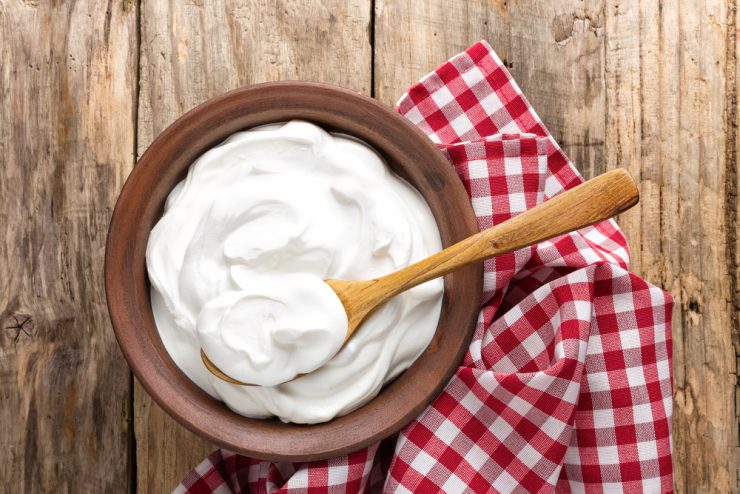“Probiotics and prebiotics – what’s the difference?”
Clinical Nutritionist, Suzie Sawyer answers:
We very often hear the words ‘probiotic’ and ‘prebiotic’, particularly when talking about the health of the digestive tract. But what are they and what role do they play?
WHAT IS A PROBIOTIC?
The word probiotic literally means ‘for life’ and is used to describe the health-giving effects of friendly bacteria. They are a type of ‘living’ friendly bacteria, many of them the same as those naturally residing in our digestive tract. There are around 400 or more different species of bacteria, or microflora, present in the digestive tract, the most prevalent being Lactobacillus acidophilus and Bifidobacterium bifidum. These are also the most common probiotics, also called ‘strains’, that you will find in commercial probiotic supplements or in some yoghurts.
WHY ARE THEY IMPORTANT?
Humans are not born with either of these strains; they rapidly start to colonise soon after birth, and Bifidobacterium bifidum is actually introduced during breast feeding. Numerous other strains then start to colonise themselves in the digestive tract and carry out their amazing work. This includes supporting the immune system, supporting cholesterol metabolism, synthesising certain B vitamins, keeping everything running smoothly in the digestive tract and helping to protect the body against some of our most common degenerative diseases.
WHERE CAN I GET IT?
One of the usual ways of obtaining certain beneficial strains is by eating yoghurt. However, the most common strains found in the digestive tract and therefore the most beneficial, are obtained by taking a high quality probiotic supplement that you’ll find in the fridge of your local health food store. We can all benefit from taking a course of probiotics for a month at least once year, but always take after a course of antibiotics, which destroys many of our beneficial bacteria. This is why people often suffer from digestive upsets after taking antibiotics.
WHAT IS A PREBIOTIC?
Prebiotics provide food for the good bacteria. They are ‘non-living’ food ingredients that reach the large intestine unaffected by digestion and, literally feed the good bacteria, helping them to grow and flourish. The most common prebiotics are called fructooligosaccharides (FOS) and galacto-oligosacchcarides (GOS); FOS are frequently added to probiotic supplements. However, because they feed the good bacteria, they can often start a feeding frenzy within the digestive tract, which may mean any bloating or flatulence could become worse before it starts to improve.
WHERE CAN I GET IT?
Prebiotics are naturally found in many foods including artichokes, onions, cabbage, legumes, rye- based foods, whole wheat foods, garlic and chicory root which contains inulin. You may, therefore, notice that you become more flatulent after eating these foods and this is one of the reasons why!






















